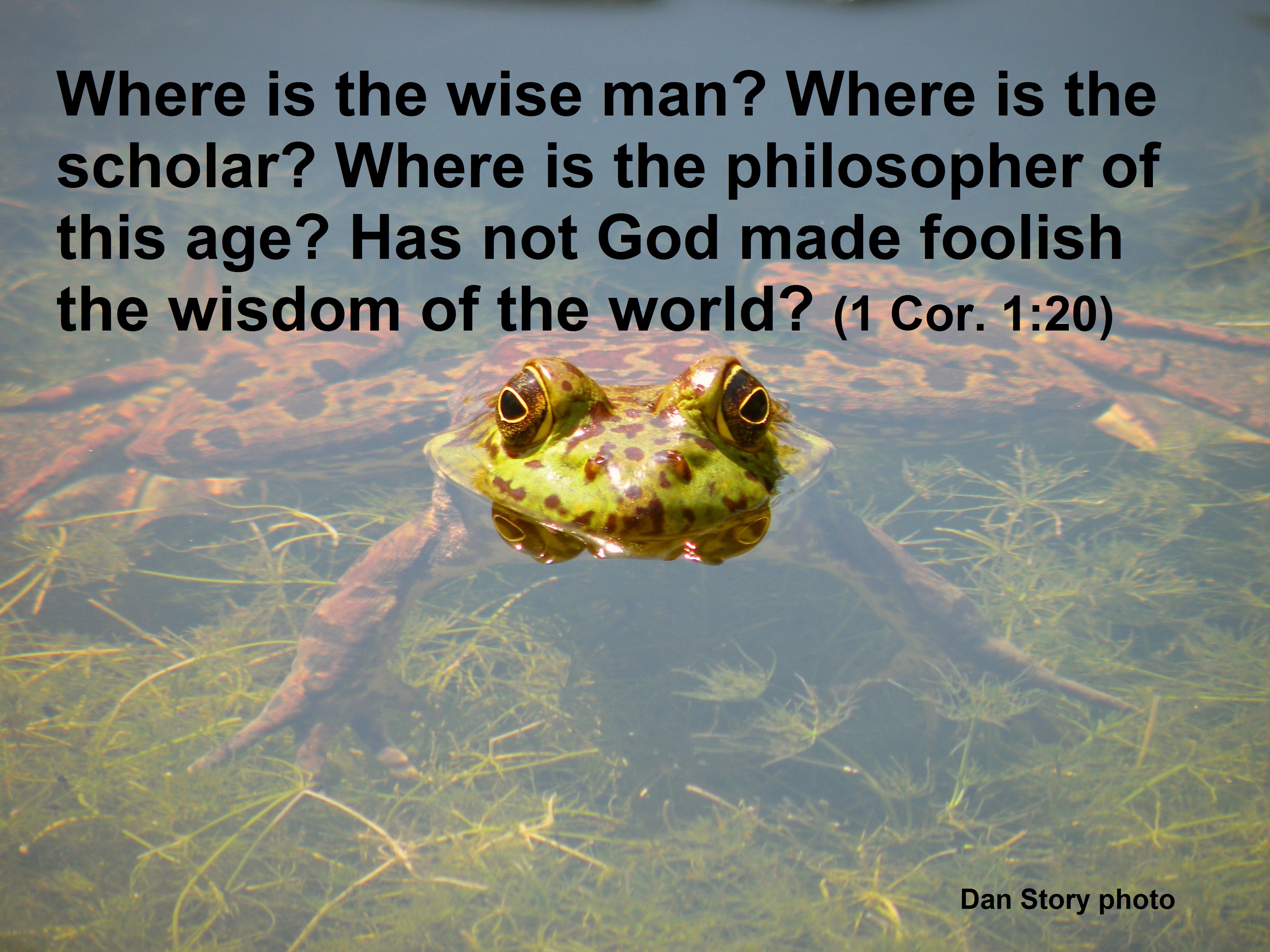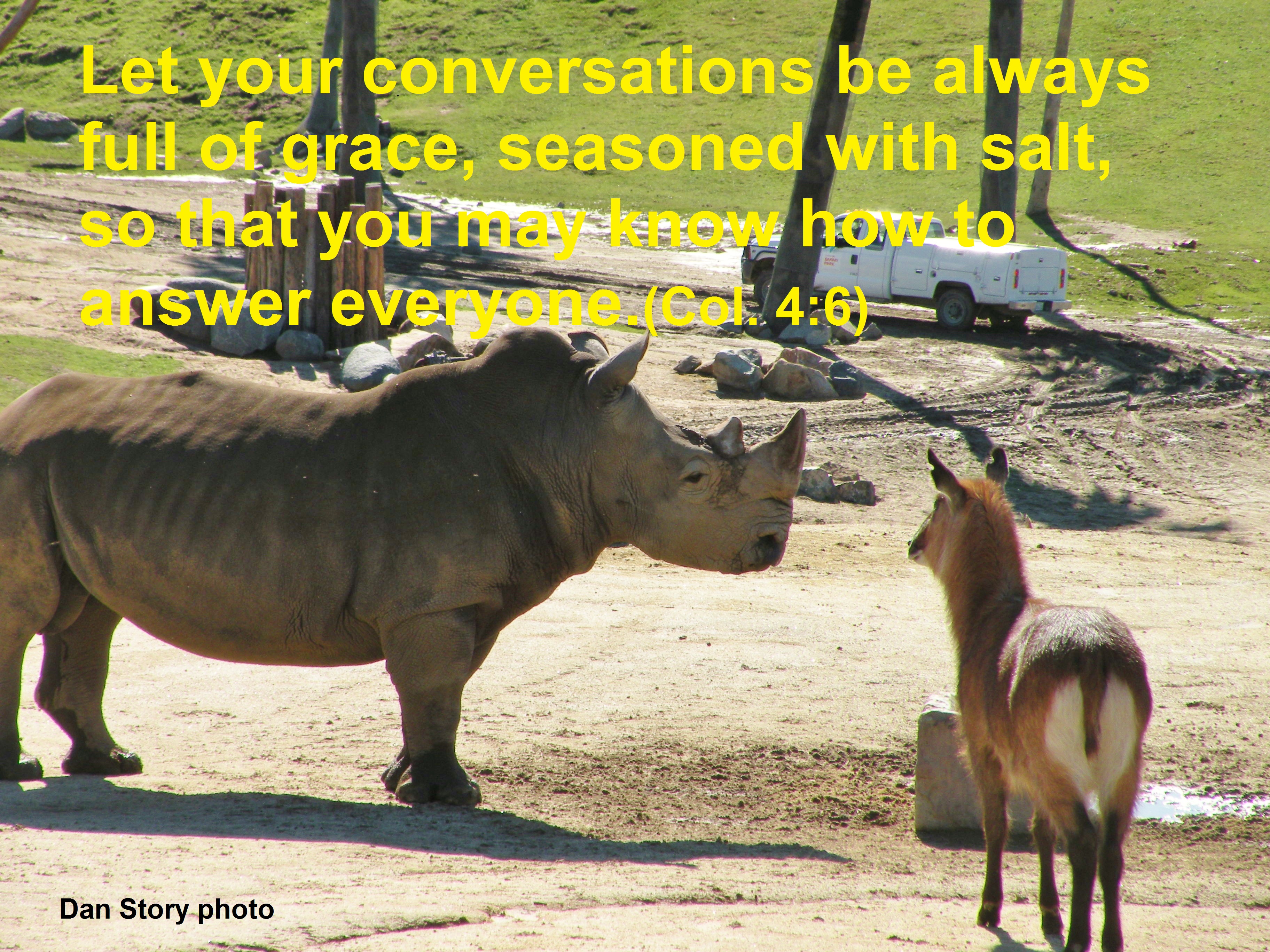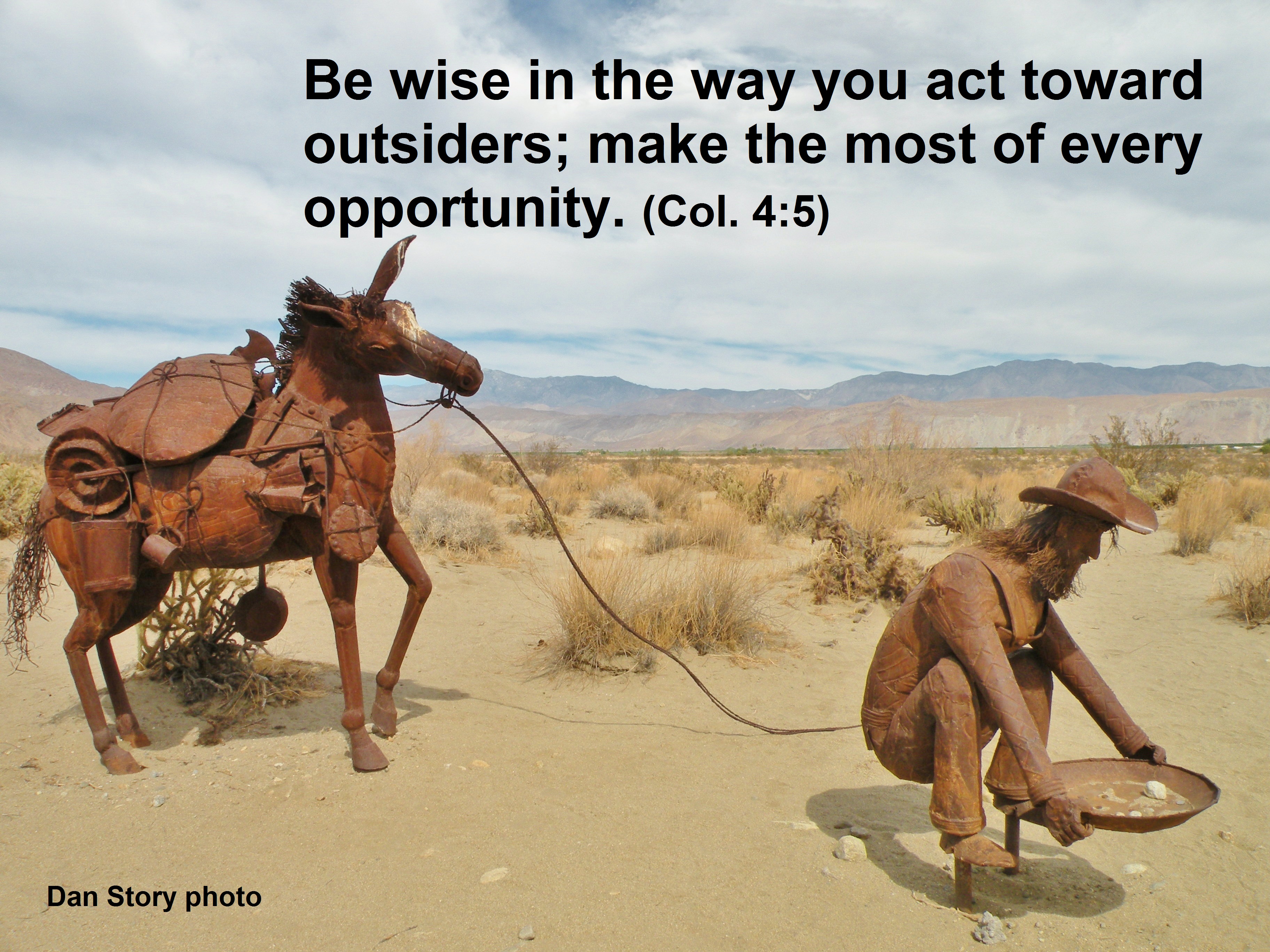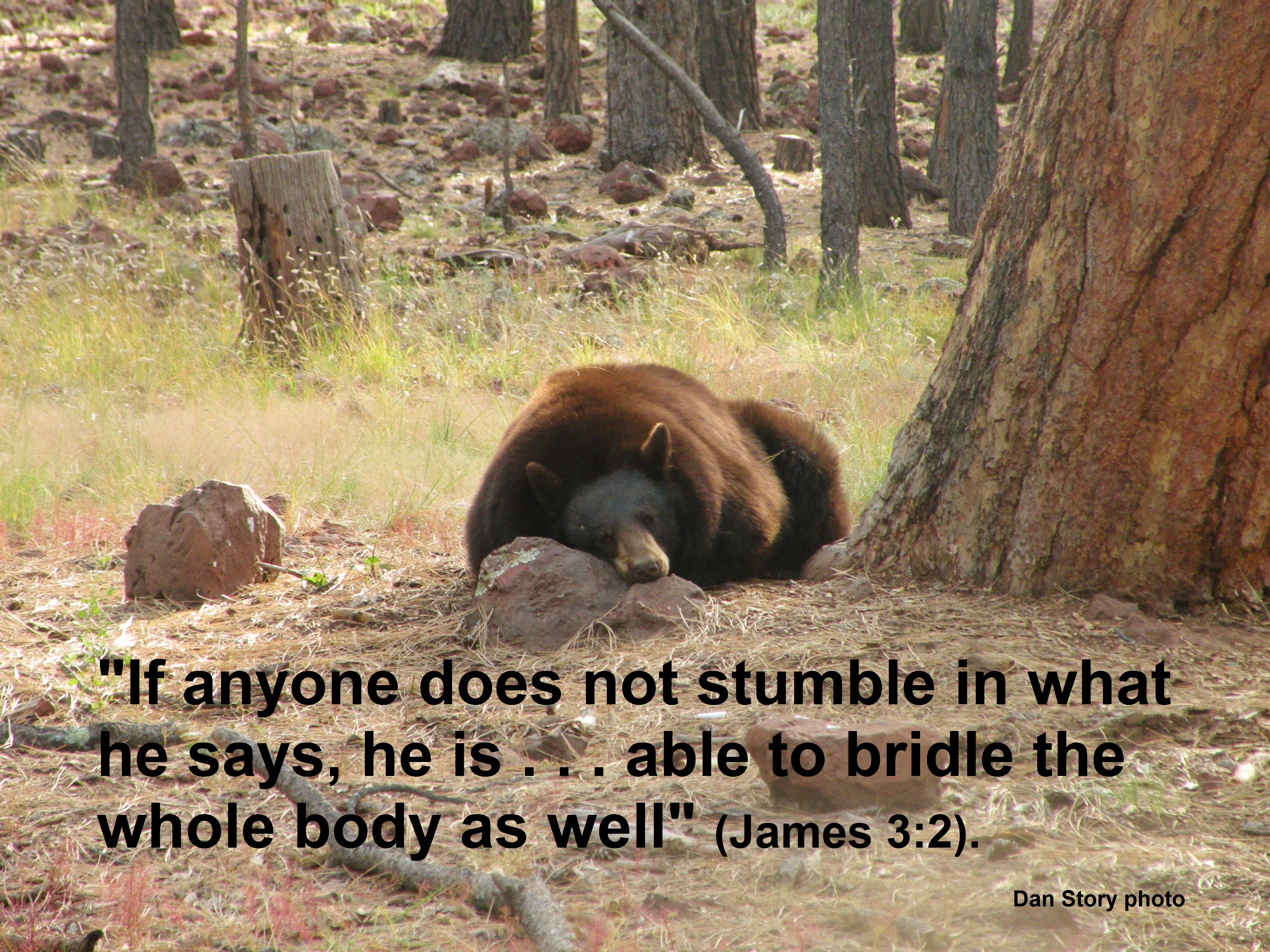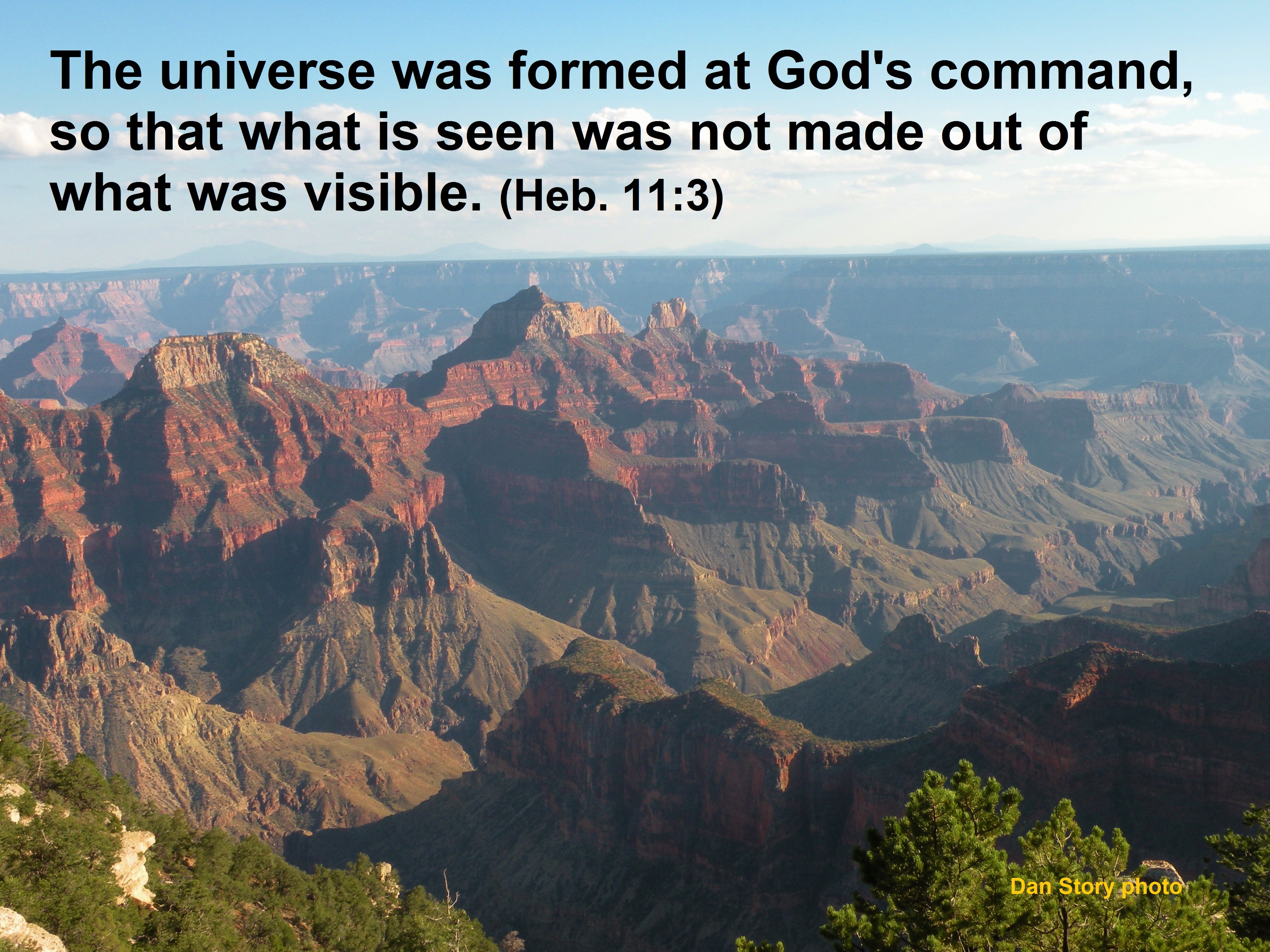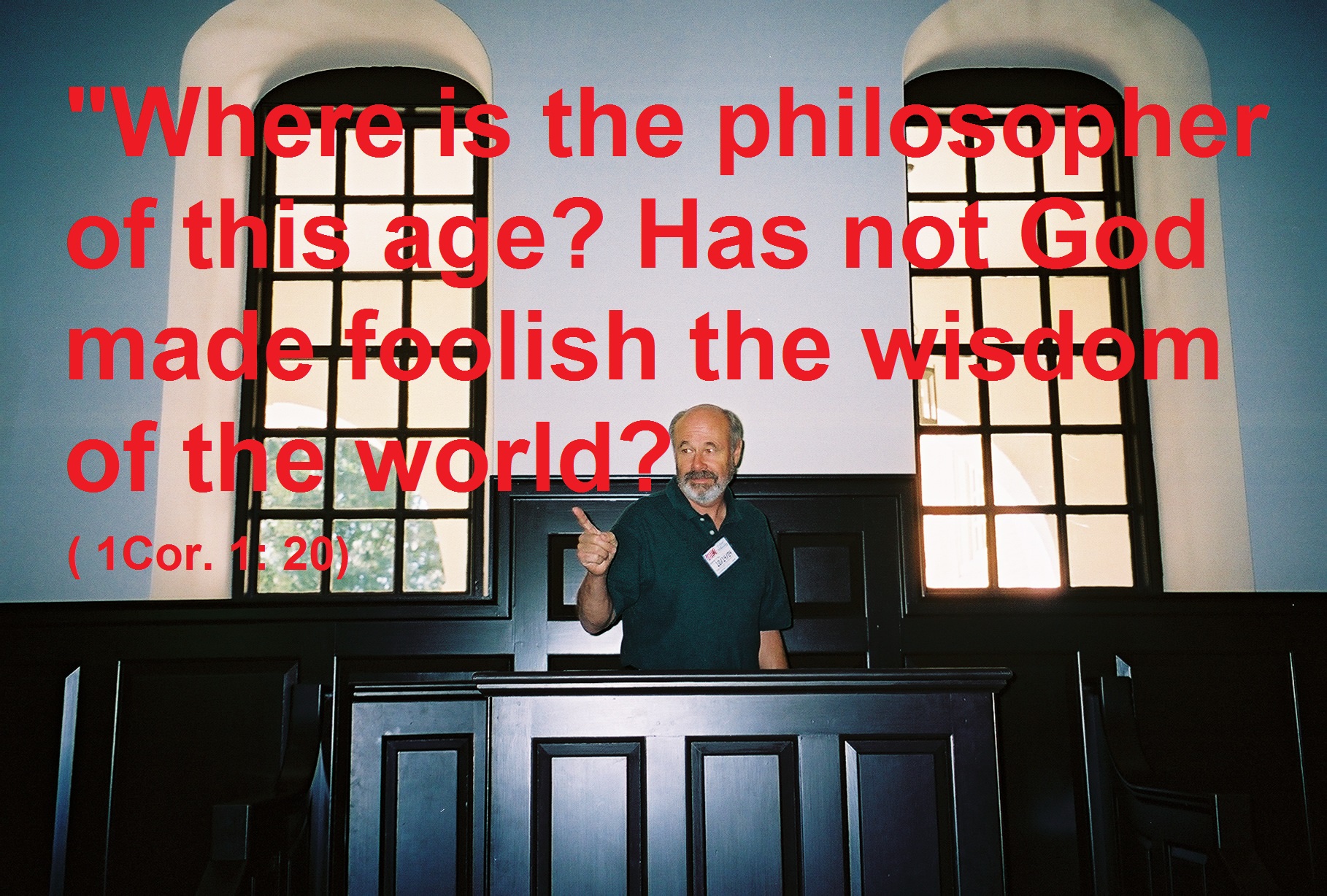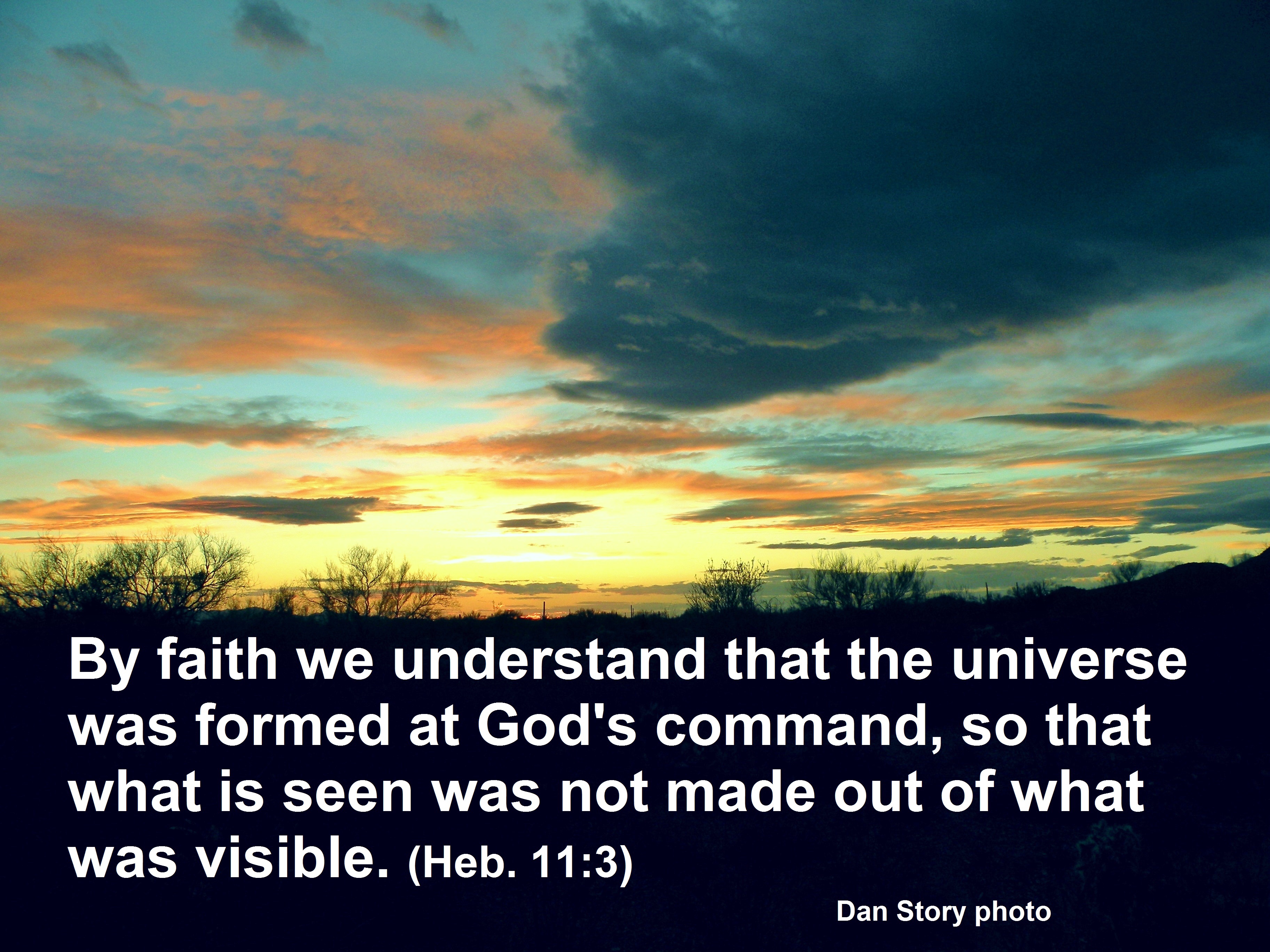
Part Two: WHY IT’S IMPOSSIBLE FOR THE UNIVERSE TO HAVE COME INTO EXISTENCE OUT OF NOTHING
Until big bang cosmology became the prevailing view for the origin of the universe within the scientific community, Darwinists assumed the universe was eternal. This view made a complete about face decades ago when the so-called big bang confirmed the universe had a beginning. Scientists now believe the universe is finite, and that prior to the big bang there was no space, time, matter, or energy. Nothing existed. Although this view is not far from a creationist modern of origins, advocates for divine creation argue that something did exist prior to the big bang—God.
With regard to the big bang, the issue is not so much whether it occurred but how it occurred. The majority of Christian scientists agree that big bang cosmology does not need to be viewed as contradicting Scripture—whether a creationist believes in a young Earth or accepts the conventional geological age of the Earth (old earthers). The Bible reveals that God spoke the cosmos and planet Earth into existence “out of what was invisible;” which can be interpreted to mean out of nothing (Ps. 33:6; Heb. 11:3).
For this reason, it is perfectly legitimate for young earthers to use big bang cosmology as apologetic/scientific evidence for creation—even if they disagree on when God spoke creation into existence. Old and young earthers both agree—and big bang theory supports—that the only explanation for the origin of the universe is divine creation.
The issue, then, is not whether the universe suddenly came into existence through the big bang but “who lit the fuse?” Where did the matter and energy behind the big bang come from? There are no laws of physics that explain how matter or energy can arise spontaneously out of nothing; physics only proves that nothing comes out of nothing! If the universe is finite it must have had a beginning. This means something outside and more powerful than the universe must have caused the universe to come to be.
A creation model of origins is consistent with the laws of physics, in particular the first and second laws of Thermodynamics. Along with big bang cosmology, together they demonstrate the universe is finite, could not create itself, yet suddenly came into existence out of nothing. Since an effect can’t be greater than its cause, what caused the universe to be must be self-existing, all-powerful, all-knowing, transcend the universe, personal (because He chose to create), and vastly more powerful than the universe itself. This describes the God of Scripture. There is no other plausible explanation that is in harmony with both Scripture and science. ©
NEXT WEEK: If the alleged “big bang” actually occurred, it should have resulted in a totally chaotic and disordered universe. In next week’s blog we’ll see what really happened.
